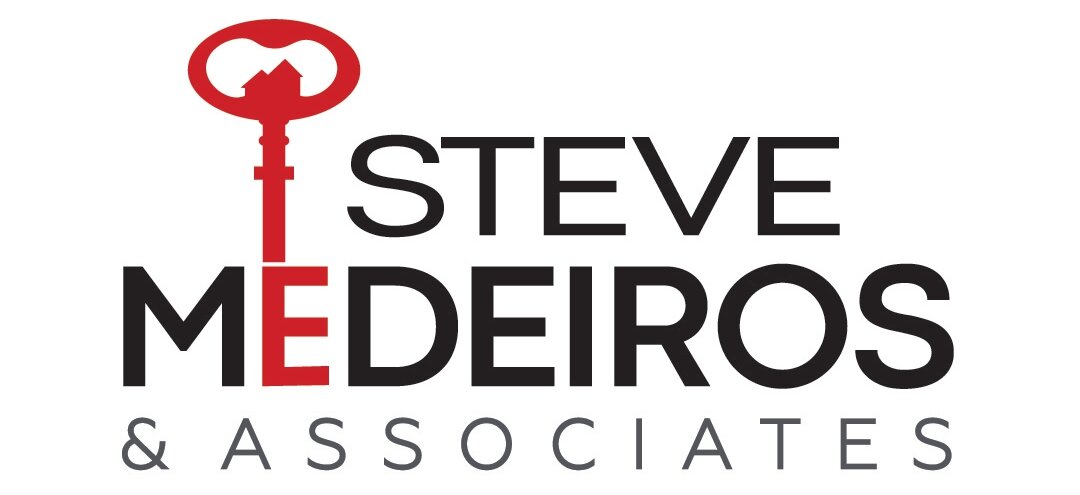https://www.bostonglobe.com/2021/07/25/real-estate/experts-weigh-waiving-home-inspection/
It may help buyers beat out the competition in this seller’s market, but it could come at a high cost.
By Jim Morrison Globe Correspondent,Updated July 25, 2021, 12:00 a.m.
Joe Aiello of Gumshoe Home Inspection in Winthrop found significant termite damage in an attached garage when clients hired him to inspect a 5,000-square-foot home in Concord. He also discovered small leaks in the copper heating pipes in the basement (he suspects there are similar ones in the walls) and a dangerous situation with the electrical panel.
Those problems are expected to cost several thousand dollars to repair, but it won’t be the seller bearing the cost.
His clients already had purchased the home — without requiring an inspection.
Real estate agents say more prospective buyers than ever are waiving home inspections to make their offers more attractive to owners in this frenzied seller’s market. And many in the business say that’s an unnecessary gamble.
Without an inspection, buyers risk spending hundreds of thousands of dollars or more on a home that could have major defects, ones that may not be obvious to the average person for months or years, said Dina B. Browne, a partner at Bletzer & Bletzer, P.C. in Boston and cochair of the Residential Conveyancing Section of the Real Estate Bar Association for Massachusetts.
“I have been handling real estate closings since 1998 and have never seen a market like this,” Browne said. “I don’t think we’ve yet seen the repercussions that will follow with all of the waivers, as those buyers are just moving into their homes. There are a lot of first-time buyers waiving these inspections who are only able to put a 5 percent down payment. If they get in there and the furnace goes, I don’t think they’re going to have the money to replace it, and that’s what scares me.”
Typically, a buyer’s offer includes a contingency to get the home inspected by a professional within seven to 10 days of it being accepted. If the inspection reveals defects, customarily the buyers can either renegotiate with the sellers, proceed with the sale, or simply walk away and get their deposit back. Waiving the inspection contingency could make an offer attractive even if it isn’t the highest bid, because it shows the buyer is serious and reduces the risk of the sale falling through.
Many agents do not recommend waiving an inspection, according to Steve Medeiros, president of the Massachusetts Association of Realtors and an agent at Keller Williams Realty. “A Realtor’s responsibility is to provide the information and help buyers make the most educated decision as to how they approach a home purchase, and this is something that applies in all market conditions,” Medeiros wrote in an e-mail. “Our members can and do recommend that home buyers conduct an inspection, though our clients have a legal right to go against that recommendation and waive the contingency based on their personal risk tolerance.”
Buyer agents have come up with a few workarounds to make their clients’ offers more competitive and still protect them: having a home inspected before making an offer, hiring an inspector to accompany them to a showing to look for red flags, or having the property inspected after their clients sign the purchase and sale agreement, the more formal contract signed after the initial offer. But, according to the Massachusetts Association of Realtors, there is no guarantee that the seller will allow an inspection once the agreement is signed. If the buyers have the property inspected after they sign the purchase and sale agreement, they have few options. They can’t renegotiate to include the cost of repairs. They could continue with the transaction and repair the defects after they own the house, or they could try to get out of the sale and almost certainly forfeit their deposit. And the buyer’s liability may not end there. “The seller may have additional opportunities to pursue more damages depending on the scope of the contract signed,’' MAR noted in an e-mail.
Paul Cottone, owner of The Cottone Co., Real Estate in Newton, said in an e-mail that he encourages all of his buyers to consider a home inspection contingency in their offer “even though I realize it may substantially reduce their chance of prevailing.” If they don’t want to include the contingency in the offer because it is clear that they will lose if they do, he said, he strongly encourages them to conduct a pre-offer inspection when possible.
Cottone feels so strongly that he has often offered to pay for the home inspection of clients who refuse to include one as part of their offer or prior to making one. It would be taken out of his commission only if they close on the property, he said.
Some agents encourage a pre-offer inspection, he said, and there are some who admit that unless the buyer waives the inspection, they are unlikely to prevail in a bidding war. “Most of those pre-offer inspections are typically required to be abbreviated [shortened time frames in which less investigation occurs].”
Rona Fischman, an exclusive buyer’s agent at 4 Buyers Real Estate, doesn’t just suggest that her buyers get an inspection before signing a purchase and sale agreement. She requires it — in writing.
“Buyers do not have to waive their inspection,” Fischman said. “You may have to get a pre-inspection consultation, or you may have to get your inspection very quickly. ... I have had more offers accepted this year than in the past two years.”
Jay McHugh, co-owner of LAER Realty Partners in Chelmsford, has sold more than 1,000 homes in 30 years. He said his buyers sometimes waive the inspection contingency, but they almost always have the home inspected before or even after they sign the purchase and sale agreement.
“You can waive your home inspection contingency,” McHugh said, “but if you have a great buyer agent, you don’t waive the home inspection. When I work for the buyer, it means I’m working in their best interests. We insist on the right to do a walk-through of the home prior to the closing. We have the right to visit the home to check that everything’s still in order.”
He said one of the agents on his team had clients who waived the inspection on a town house. After moving in, they found the furnace had failed, allowing the products of combustion from the gas burners into the house, a life-threatening condition and an expensive replacement.
Alex Steinberg of JBS Home Inspections did an inspection for a couple after they bought a condominium in a renovated two-unit building that dates to 1898. They knew they were competing with at least one other bidder who had done a walk-through with a home inspector, so they made their offer and waived the contingency. They hired Steinberg after the fact, on the advice of friends.
When Steinberg got there, he found a hole in the main sewer line that was venting sewer gases into the condo. The owner of the other unit had lived there for two decades and hadn’t known about it. Steinberg guessed it could cost $5,000 to $10,000 to replace it.
MAR emphasized the importance of having a lawyer review a contract to buy.
Scott Kriss, president and CEO of Kriss Law/Atlantic Closing & Escrow, said any buyer protections must be included in the offer because the purchase and sale agreement “is just a more detailed memorandum” of the offer.
“Some agents are religious about making sure [the offer is] reviewed before it’s submitted,” Kriss said, “but it can take a few hours ... and the competitiveness of the market requires swift action.”
He said only about 5 percent of the buyers who work with his firm have lawyers review their offers. “Because time is of the essence, buyers are signing offers without having attorneys review” them, he said. “While this isn’t historically unusual, the waiving of all contingencies is something consumers should consult with an attorney about.”
Not doing so could backfire.
“We recently had a client who had an inspection on a property for informational purposes only, and it disclosed a $250,000 structural problem. Then he came to us, and we had to tell him there was nothing we could do.”
Jim Morrison can be reached at JamesAndrewMorrison@gmail.com. Subscribe to the Globe’s free real estate newsletter — our weekly digest on buying, selling, and design — at pages.email.bostonglobe.com/AddressSignUp. Follow us on Facebook, Instagram, and Twitter @globehomes.






